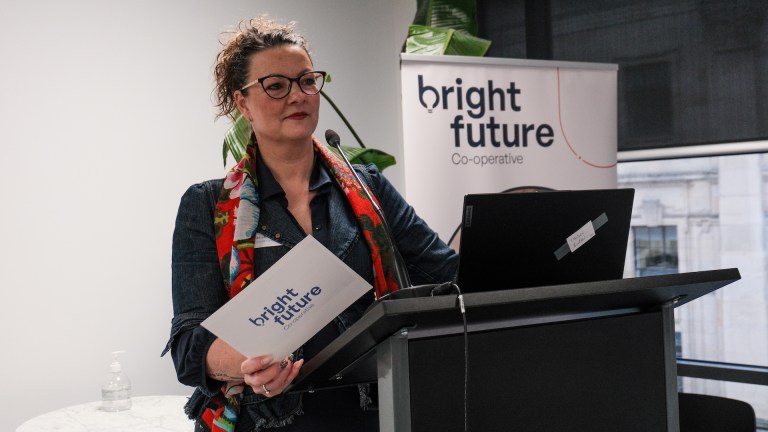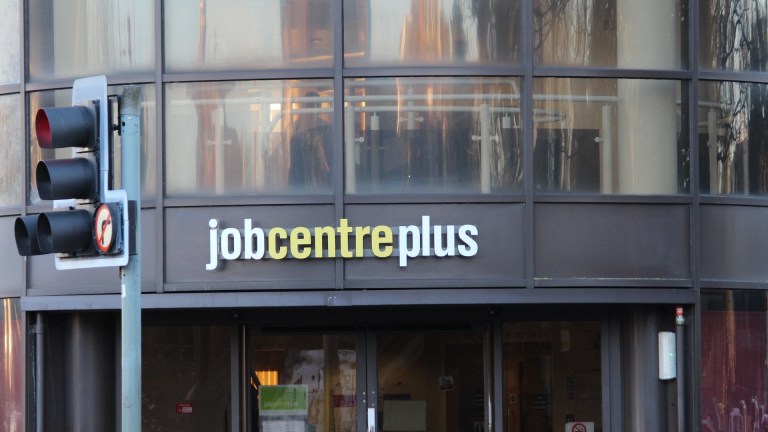There are many misconceptions about Community Payback, previously known as community service, and the work done by Community Payback supervisors like me. Despite what you may think, there is a lot more to it than scrubbing graffiti off walls. Every day is different and whilst it can be challenging at times, it can also be a very rewarding career.
Staff in the probation service play a key role in the criminal justice system, reducing reoffending by helping offenders to make small, positive changes in their lives. As highlighted by the recent news around the shortage of prison places, the need for the probation service is greater than ever. And while my job can at times be testing, having the support of colleagues and the satisfaction of being part of something bigger while making a difference to local communities, makes it feel worthwhile.
I had a few different jobs before working in the probation service. I served in the armed forces for three years as part of 2nd Battalion, Royal Anglian regiment. I then went on to work in retail and spent around 20 years working in warehouses.
- ‘No two prisoners are the same’: 6 ways we can break the UK prison system’s cycle of failure
- If we’re going to reform prisons, we should start with the prisoners
As I was approaching my 50s, I decided it was time for a change. I didn’t know what I wanted to do next, but I did know I wanted to pursue something more fulfilling.
One day, I was in town, and I bumped into someone I knew removing tools from their van. We caught up, and they began to explain their job in Community Payback. They thought my skills and background in the army would be a good fit and suggested I should look into it, so I did, and I was inspired. I knew that it was the job for me. I applied as soon as a role became available and after a couple of conversations, I secured my place in the probation service. The rest, as they say, is history.
That was around 17 years ago, and I’ve never looked back. As a Community Payback supervisor, I’ve supported roughly 16,000 offenders, helping each of them through their own rehabilitation journey as they have completed the work to make amends for their crime. It’s something I’m extremely proud of and hope to continue doing for many years to come.










